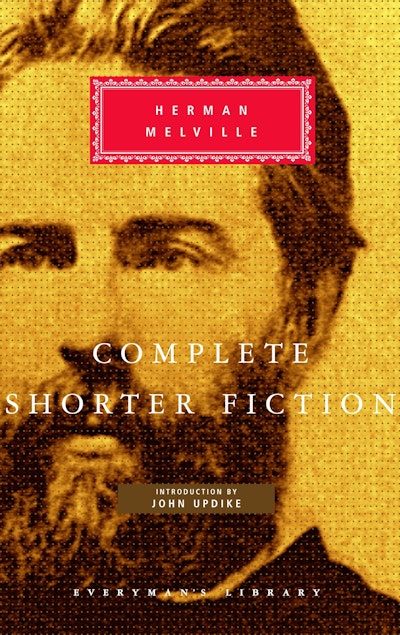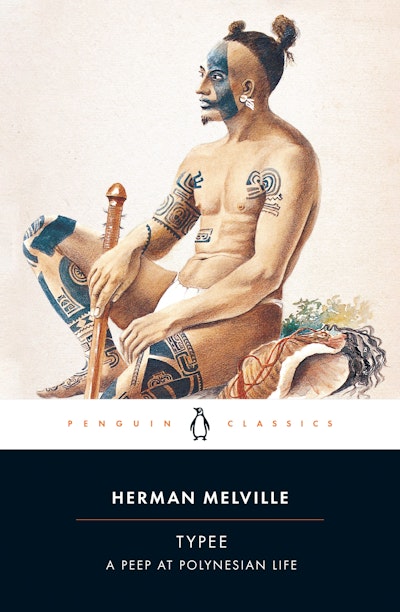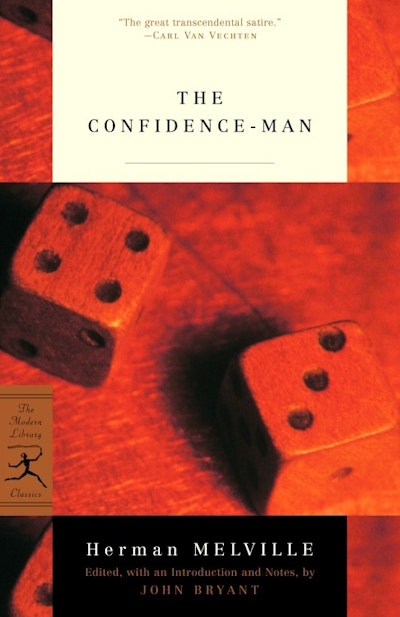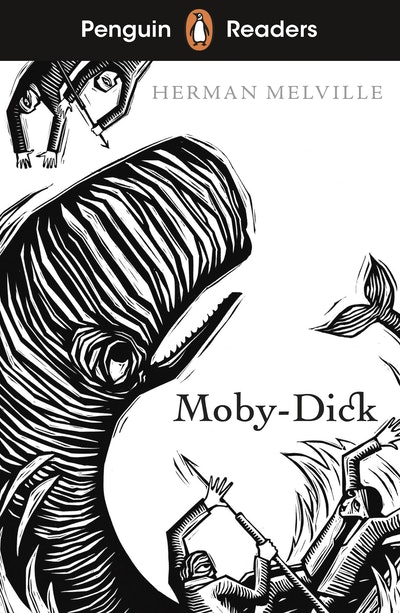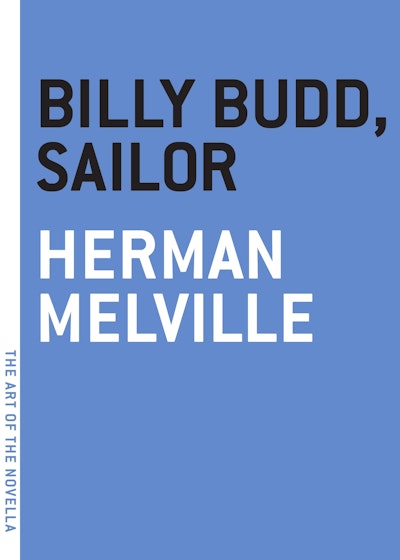PUBLISHED TO COINCIDE WITH THE BECENTENARY OF HORACE WALPOLE'S DEATH Horace Walpole was letter writer so energetic and fertile that his collected correspondence occupies forty volumes. Yet his energy and fertility were matched by such perceptiveness and wit, and his thoughts are expressed in such a delightful style, that the results are always entertaining, often brilliant and invariably gripping. As the prime minister's son and an habitue of the highest social and political circles, Walpole was well-placed to gather all the gossip of his day, great or small, and to form opinions on the great. As a celebrated novelist, amateur architect and man of taste, he also had an unrivalled eye for the customs and changing fashions of the time. His letter provide one of the most vivid pictures we have of the late eighteenth-century Britain. This collection contains 434 letters, arranged under sixteen headings for ease of reference: Boyhood and th Grand Tour; Politics; The Court: The Man about Town; Virtuoso and Antiquarian; Strawberry Hill his Literary Works; his Literary Criticism; his Family; Friends and Correspondents; Later Years; His Character; Current Historical Events; France and the French Revolution; Social Hisory.
